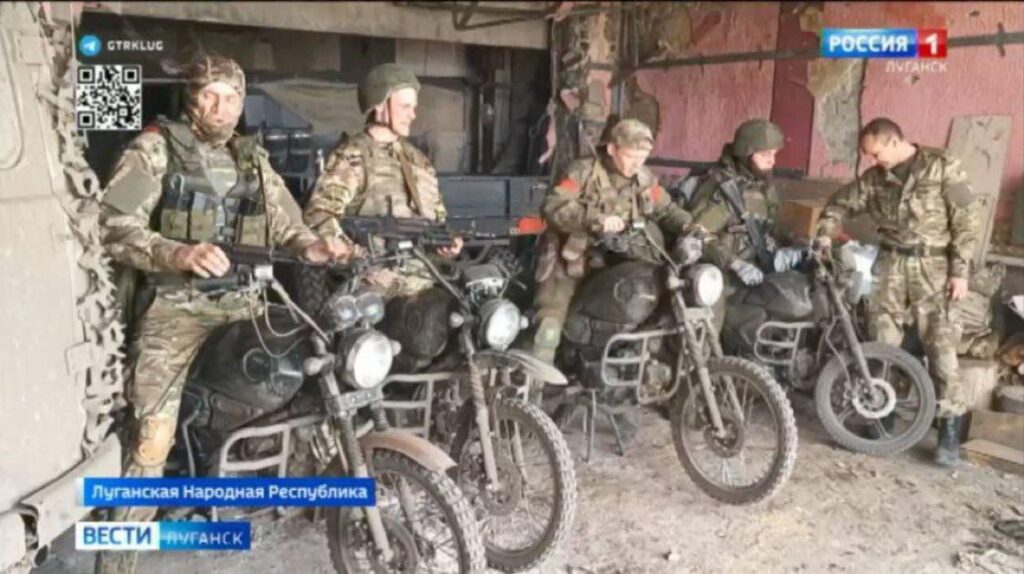Russia’s manpower crisis deepens — army calls its mercenaries “expendable” in leaked audio

Russia’s manpower crisis is forcing the Kremlin to rely on covert recruiting networks, where volunteer fighters in mercenary structures are seen as “expendable manpower,” according to leaked recordings cited by RFE/RL.
“Second-rate infantry” in Russia’s strategy
In a conversation leaked late last year, Russian lawmaker Aleksandr Borodai described non-army recruits as “second-rate infantry.” He said their task is to exhaust Ukrainian troops before regular Russian forces attack. In the same recording, he referred to them as “expendable manpower.”
The statement highlights how Russia increasingly treats irregular fighters — often recruited through unregulated or covert systems — as disposable assets in a war now approaching 1 million Russian casualties, according to estimates.
With the memory of the September 2022 “partial mobilization” still fresh, and public opposition strong, the Kremlin is avoiding new mandatory call-ups. Instead, it relies on shadow recruitment structures to sustain frontline numbers without triggering mass unrest.
GRU-controlled Redut and Dobrokor feed the front with mercenaries
Systema, RFE/RL’s Russian investigative unit, reveals that both the Redut and Dobrokor networks are controlled by the GRU, Russia’s main military intelligence agency. The structures are designed to enlist men and women under the guise of “volunteer formations” — but operate effectively as mercenary pipelines.
Unlike Russia’s Defense Ministry contracts, which extend until Russia ends its war in Ukraine, mercenary contracts through Redut or Dobrokor have fixed terms — usually six to twelve months — and do not renew automatically.
Recruits through Dobrokor sign formal contracts and receive legal military status. Monthly pay starts at $2,600. In exchange, they cannot leave before their contract ends without risking prosecution for desertion. Mediazona reported that over 20,000 desertion cases had already reached Russian courts as of May.
Redut: cash, secrecy, and no legal existence
Redut, by contrast, operates in a legal gray zone. It does not require fitness screening, accepts people with criminal records, and allows early departure. It attracts recruits by offering cash payments, which can be hidden from creditors, courts, or ex-spouses.
However, Redut mercenaries are not legally considered military personnel. They are ineligible for state compensation, hospital treatment, or veteran status.
“From a legal point of view, you don’t exist,” a recruiter for the Nevsky unit told Systema, adding: “There’s no service, nothing: No hospitals, no rehabilitation, nothing.”
Redut also provides no gear or uniforms up front. One recruiter told RFE/RL that new fighters are given 50,000 rubles ($640) only with their third paycheck — assuming they survive that long.
Small bonuses, big risks
The Russian Defense Ministry offers up to $46,000 in signing bonuses for official contracts. Dobrokor pays far less — often $640–$1,280. Redut mercenaries get no regional bonus at all.
Despite these risks and limitations, thousands continue to join. Deputy Security Council Chairman Dmitry Medvedev claimed over 210,000 people signed military contracts in the first half of 2025. Another 18,000 joined so-called “volunteer” formations — a term now widely used to mask informal, often unregulated mercenary service.
Janis Kluge of the German Institute for International and Security Affairs estimates the actual number of contract soldiers may be closer to 190,000.